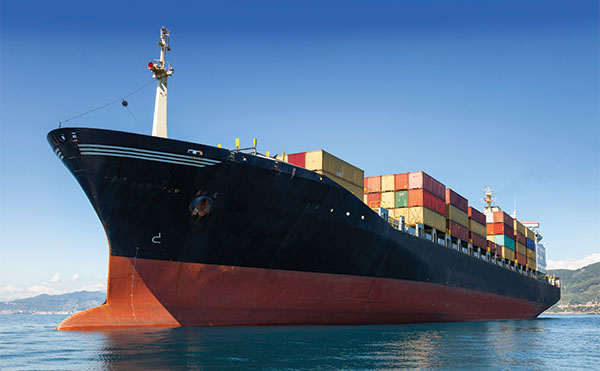New ocean cargo surcharges will be foul odor for many global shippers
Similar to the The European Shippers’ Council position, GSF feels that while shippers can be expected to contribute to new environmental costs, but this charge lacks transparency.
As reported in our news section last week, proposed surcharges from leading ocean cargo carriers are being met with the “disapproval” of The European Shippers’ Council. A much stronger reaction was announced by The Global Shippers Forum which says the idea simply “stinks.”
Based on the information released by Maersk, the new charges, which are additional to agreed contract rates, are based on two factors - an average cost of fuel and a “trade factor” that upscales the costs on head trades and discounts the fuel cost on reverse trades.
“But because the charge is per box, the greater number of revenue-earning boxes sailing west will collectively pay far more than they need to in order to compensate for the same boxes returning east when empty,” observes GSF Secretary General, James Hookham.
He adds that this has the effect of applying higher than average surcharges on their most profitable routes. For example, the Far East to North Europe route has a trade factor of 1.3, but North Europe to Far East of 0.7. In addition, Maersk has decided to help itself to a whole year of higher fuel surcharges, a full 12 months before the rules requiring them to use surcharges actually come in.
“And the new charging structure would apply to all variations of fuel price, not just due of the introduction of low sulphur fuel,” he says.
Similar to the ESC position, GSF feels that while shippers can be expected to contribute to new environmental costs, but this charge lacks transparency.
“GSF will be taking this piece of financial engineering apart piece by piece as we suspect this has more to do with rate restoration than environmental conservation,” warns Hookham, who suspects that other carriers may be tempted to follow suit.
“These new charges may be all about low-sulphur fuel,” he concludes, “but they still stink to us!”













